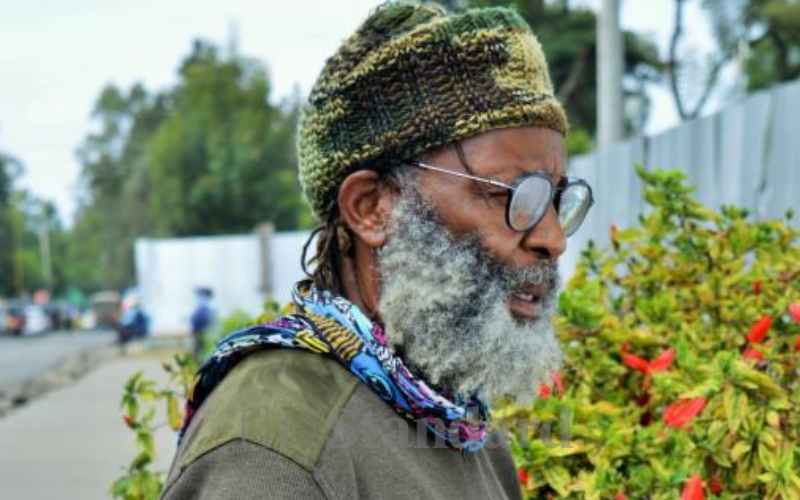×
The Standard e-Paper
Fearless, Trusted News

Babushe Maina, a filmmaker from Nakuru County, speaking to The Standard on July 7, 2021. [Daniel Chege, Standard]
Babushe wish is that the world could come to Kenya to experience her rich art and culture, even as he dreams of opening an Arts City. The film actor and trainer comes here to reflect on his quest to learn culture and build on his ideas.